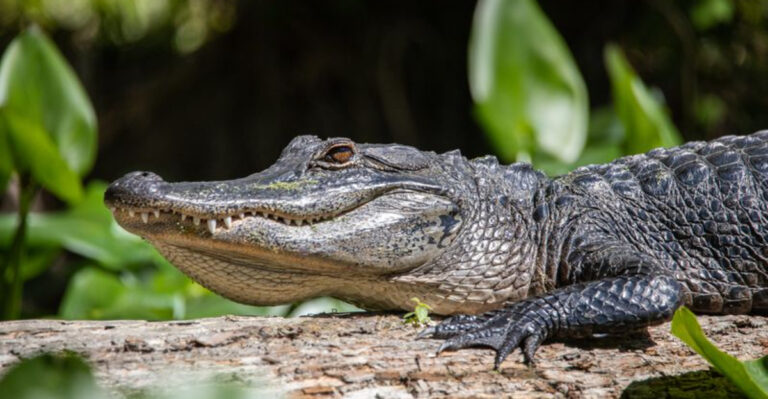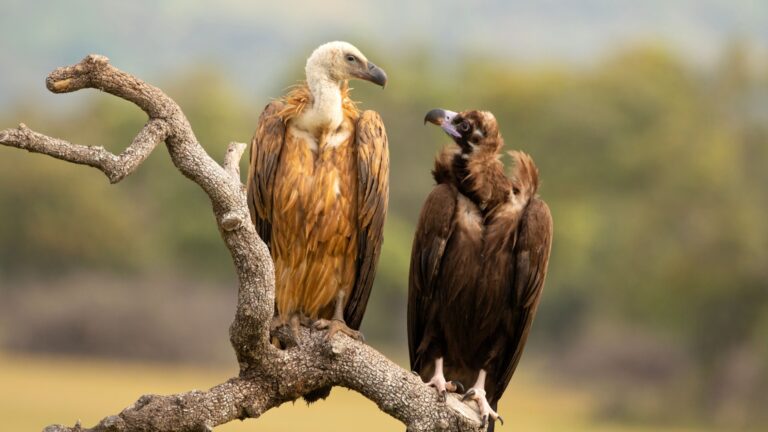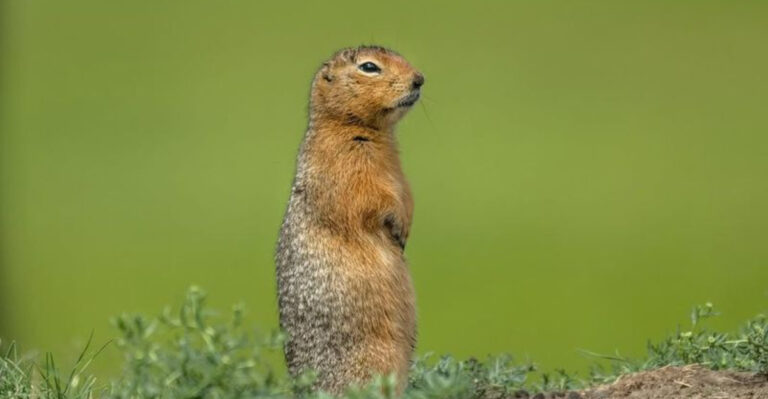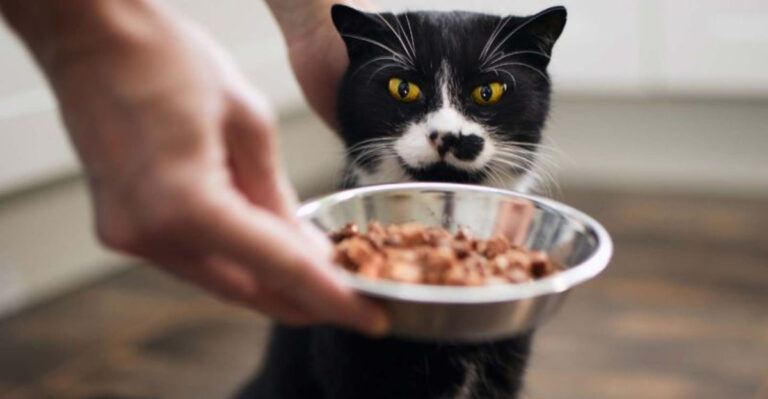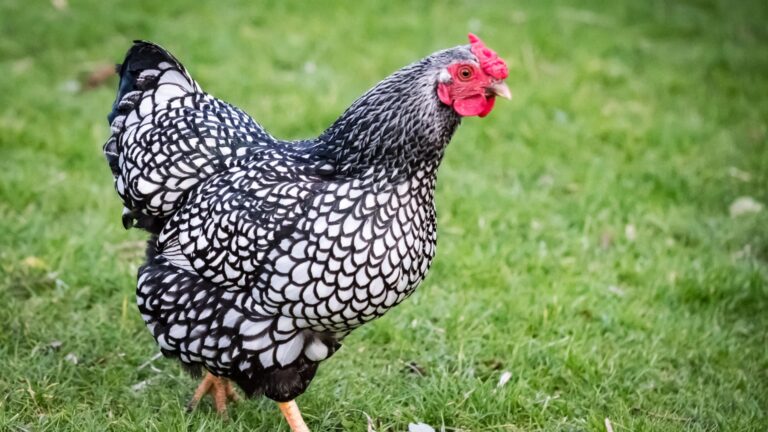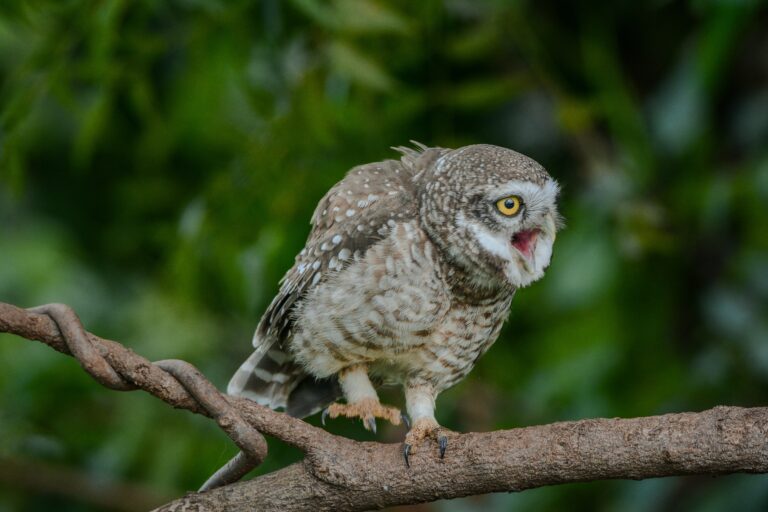10 Large Dog Breeds That Can Be Trouble (If You Lack Authority)
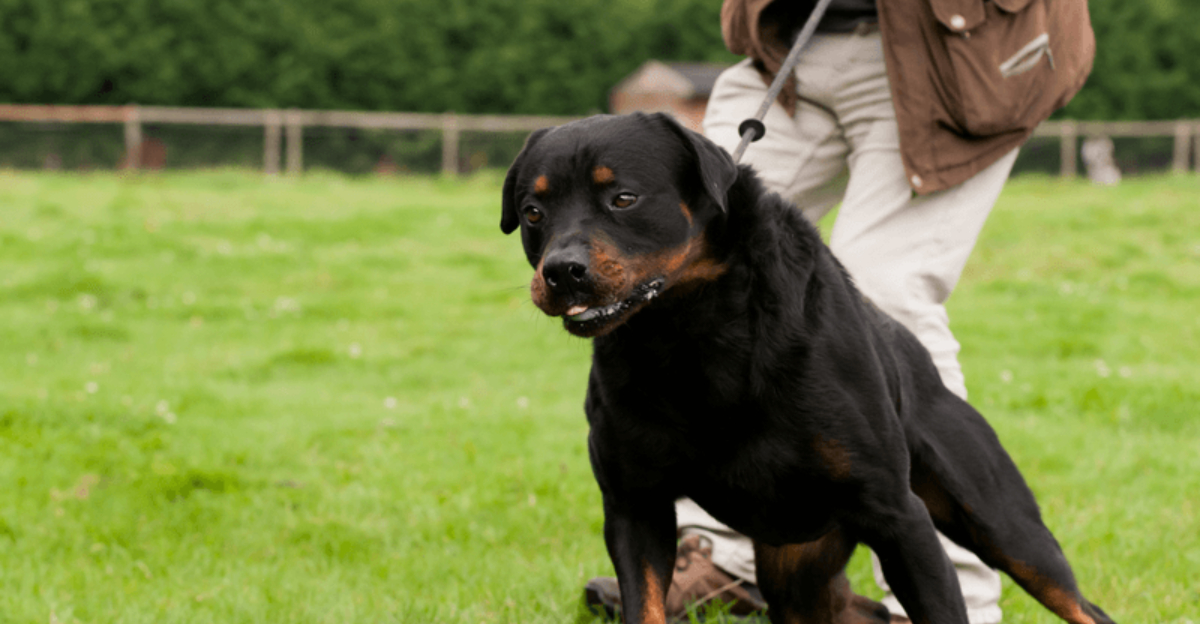
Owning a large dog can be a rewarding experience, but it comes with its own set of challenges.
Without the right authority and training, these powerful breeds can become a handful. From stubborn personalities to intense energy levels, knowing what to expect can make all the difference.
Here, we explore 10 large dog breeds that may test your leadership skills. Discover what makes them tick and how to provide the guidance they need to thrive.
1. German Shepherd
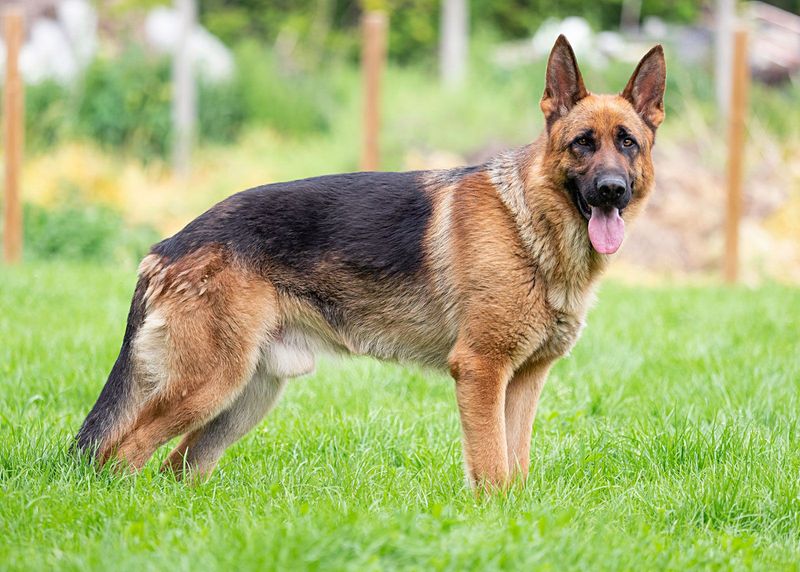
The German Shepherd is a breed known for its intelligence and versatility. Often employed in police and military roles, they thrive on structure and purpose.
A lack of authority can lead them to become overly protective or anxious. Consistent training is not just beneficial but necessary.
German Shepherds are quick learners and eager to please, making them responsive to positive training methods.
They require ample exercise and mental challenges to keep their minds sharp. Without these, boredom can set in, resulting in undesirable behaviors.
Engaging them in tasks, games, and regular training sessions ensures they remain balanced and content.
2. Doberman Pinscher
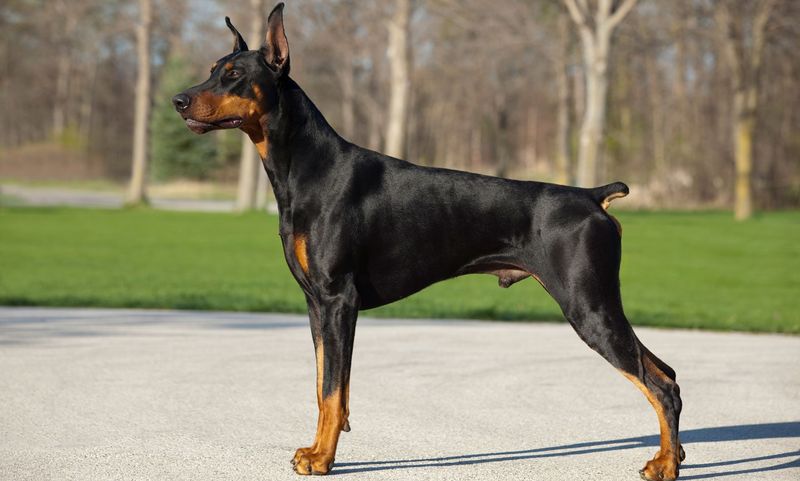
Doberman Pinschers are elegant and intelligent, known for their loyalty and strength. They require a confident owner who can provide clear guidance.
Without leadership, they might become stubborn or anxious, testing the patience of even experienced dog owners.
Training a Doberman should start early, with a focus on socialization. They are naturally protective, so exposure to various environments and people is crucial. Positive reinforcement and consistent rules help them thrive.
Physical exercise and mental stimulation are key to a happy Doberman. Activities like agility training or obedience classes can satisfy their energetic and intelligent nature.
3. Rottweiler
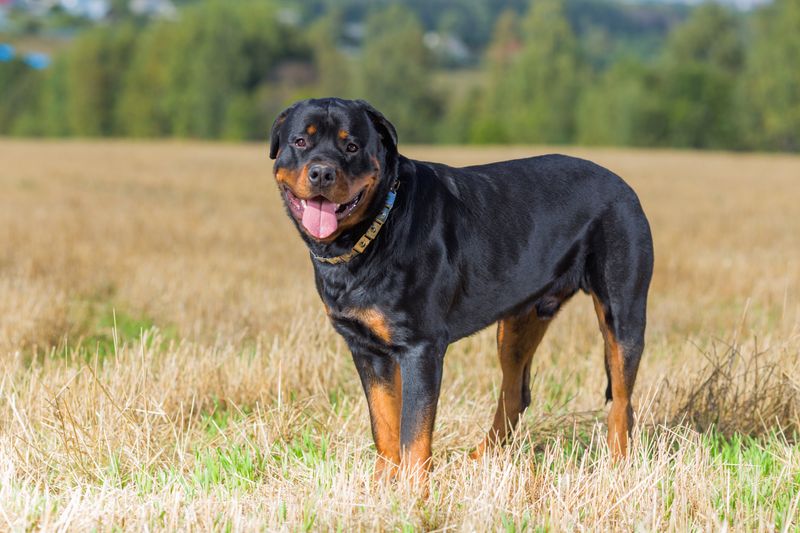
Rottweilers are known for their strength and protective nature. With roots as cattle dogs, they require firm leadership to channel their energy positively.
Without clear boundaries, a Rottweiler might assert its dominance, leading to behavioral issues. Training and socialization from an early age are essential.
Despite their intimidating look, Rottweilers can be gentle and loving companions. Consistent training helps them understand their place in the family.
It’s crucial to emphasize patience and positive reinforcement. Owners must be committed to daily exercise, providing both physical and mental stimulation.
Engagement through play and tasks can keep a Rottweiler happy. An outlet for their intelligence, like obedience training, fosters a strong bond.
4. Great Dane
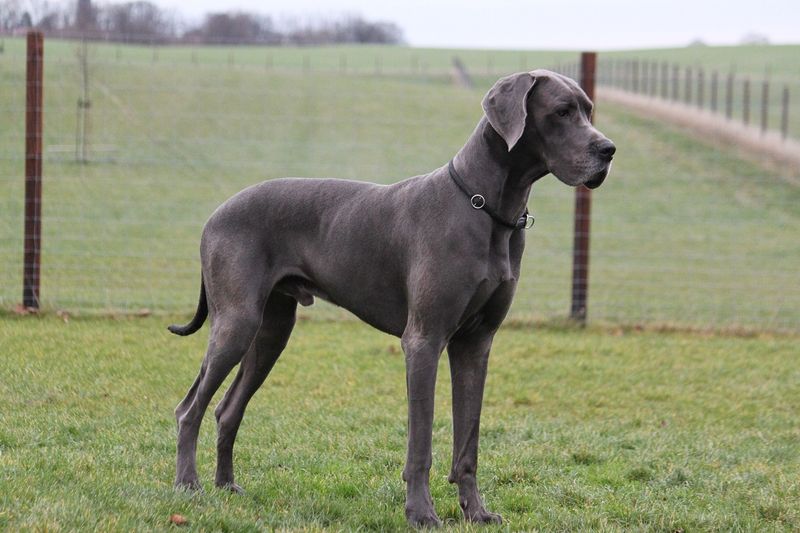
Great Danes are gentle giants, admired for their size and calm demeanor. However, their massive stature requires a firm and confident owner. Without authority, they may become unruly simply because of their sheer size.
Training should begin early, focusing on manners and boundaries. Despite their laid-back nature, Great Danes need regular exercise to maintain a healthy weight and prevent boredom.
Their friendly disposition makes them excellent companions, but they thrive best when socialized properly. A structured routine and plenty of space allow them to flourish, keeping both owner and dog happy.
5. Saint Bernard
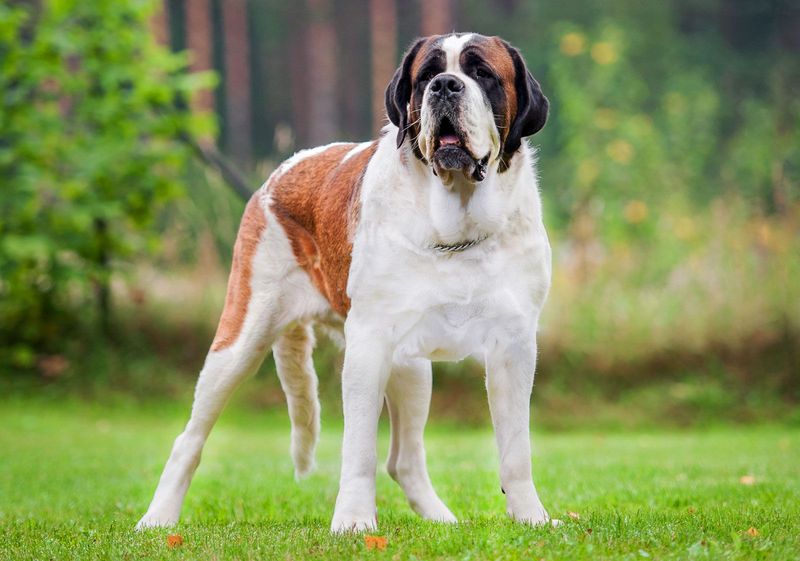
Saint Bernards are known for their gentle temperament and imposing size. Originally bred for mountain rescue, they have a strong instinct to protect and serve. However, their size demands respect and authority from their owner.
Early training and socialization are key to managing a Saint Bernard. They respond well to positive reinforcement and gentle correction. Consistent guidance ensures they understand their role within the family.
Despite their calm nature, they require regular exercise and mental stimulation. A Saint Bernard’s loyalty and friendliness make them wonderful pets, but clear leadership is essential for a harmonious relationship.
6. Bullmastiff
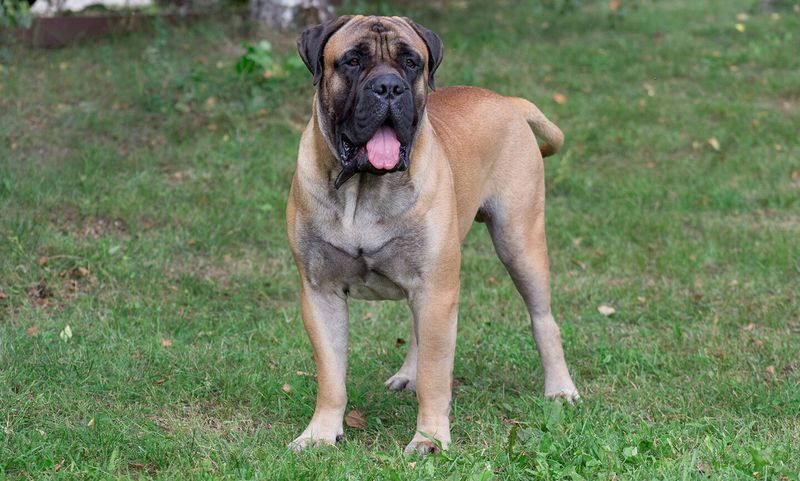
Bullmastiffs are known for their strength and protective instincts. They require firm authority to ensure they don’t become too dominant within the household. Early training and socialization are crucial to managing their behavior.
Despite their formidable appearance, Bullmastiffs are gentle with family members. Positive training methods help them respond well to commands. They thrive in environments where they feel secure and respected.
Regular exercise is essential to keep a Bullmastiff healthy and content. Mental challenges, like puzzle toys, engage their minds. With proper leadership, they become loyal and well-mannered companions.
7. Alaskan Malamute
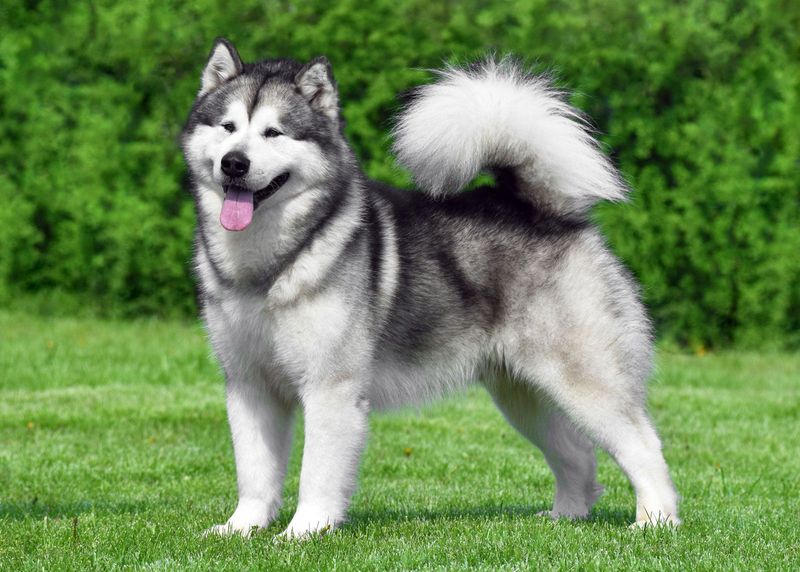
Alaskan Malamutes are strong and independent, bred for work and endurance. Their powerful build requires an owner who can provide firm guidance. Without authority, they may become stubborn or attempt to lead.
Training should emphasize socialization and obedience from an early age. Malamutes are intelligent and respond well to positive reinforcement. They need regular exercise to prevent boredom and maintain their stamina.
Engaging them in activities like hiking or sledding can be rewarding. Their loyalty is unmatched, but they thrive best under the care of an experienced owner who understands their unique needs.
8. Bernese Mountain Dog
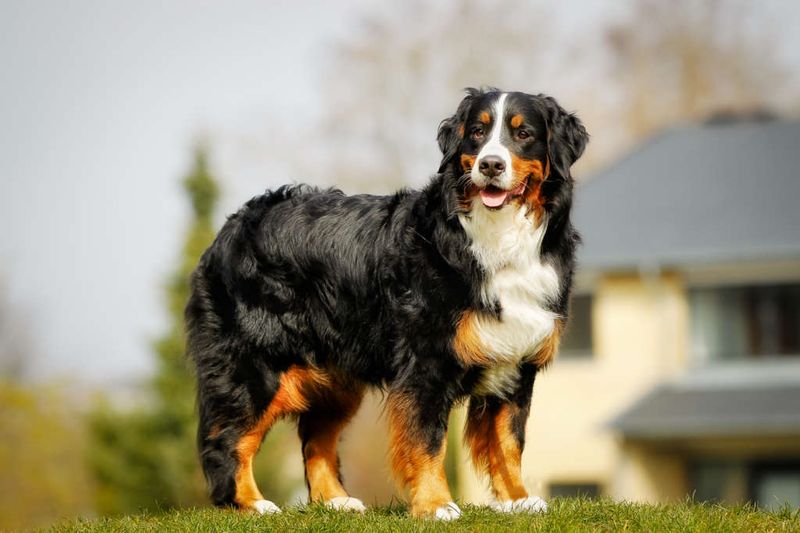
Bernese Mountain Dogs are gentle and affectionate, but their large size demands respect and clear leadership. Without it, they can become overly dependent or anxious. Early training is essential to manage their behavior.
These dogs are known for their friendly nature, making them great family pets. Positive reinforcement works wonders, helping them learn quickly and happily. Consistent socialization helps them adapt to various environments.
They require regular exercise to keep fit and prevent boredom. Activities like hiking or carting provide excellent outlets for their energy. With the right guidance, Bernese Mountain Dogs are loyal and joyful companions.
9. Newfoundland
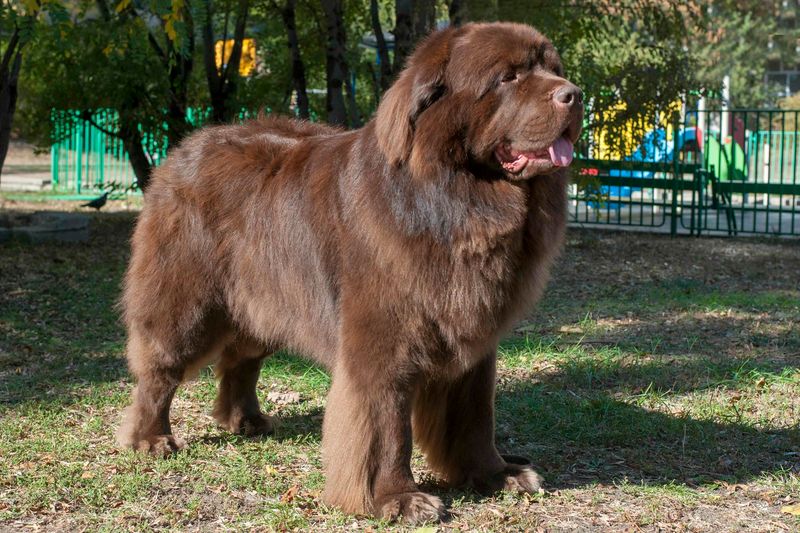
Newfoundlands are known for their gentle nature and love for water. Their large size requires an owner who can provide authoritative guidance. Without leadership, they may become stubborn or overly protective.
Training should start early, focusing on socialization and basic commands. Newfoundlands respond well to positive reinforcement, enjoying tasks and challenges.
Regular exercise is vital, especially swimming, which they love. Their loyalty and calm demeanor make them wonderful family pets.
With the right leadership and care, Newfoundlands flourish in a loving environment, providing endless affection in return.
10. Irish Wolfhound
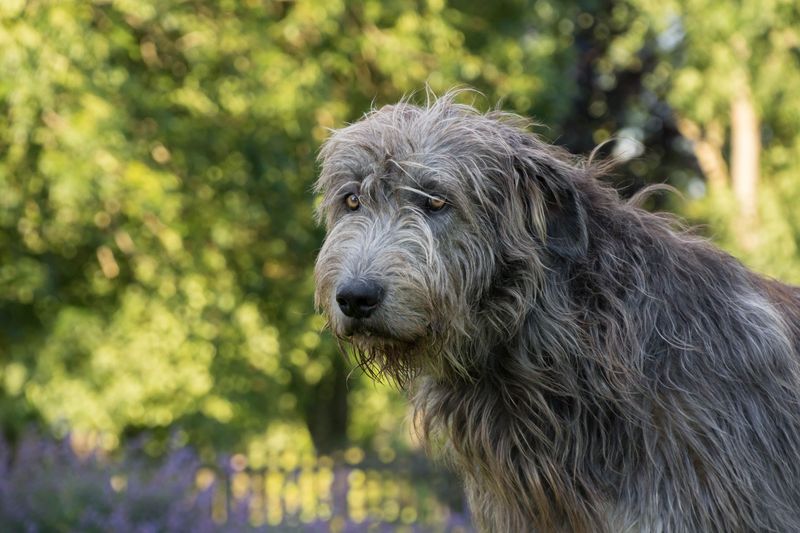
Irish Wolfhounds are known for their grace and size, requiring a confident handler. Without authority, they might become difficult to manage simply due to their stature. Early training and socialization are crucial.
Despite their size, they are gentle souls. Positive reinforcement helps them learn commands and understand boundaries. Regular exercise prevents boredom and keeps them healthy.
Activities like long walks or sprints in open areas are ideal. With proper training, Irish Wolfhounds are loyal and majestic companions, bringing joy and elegance to any home.

